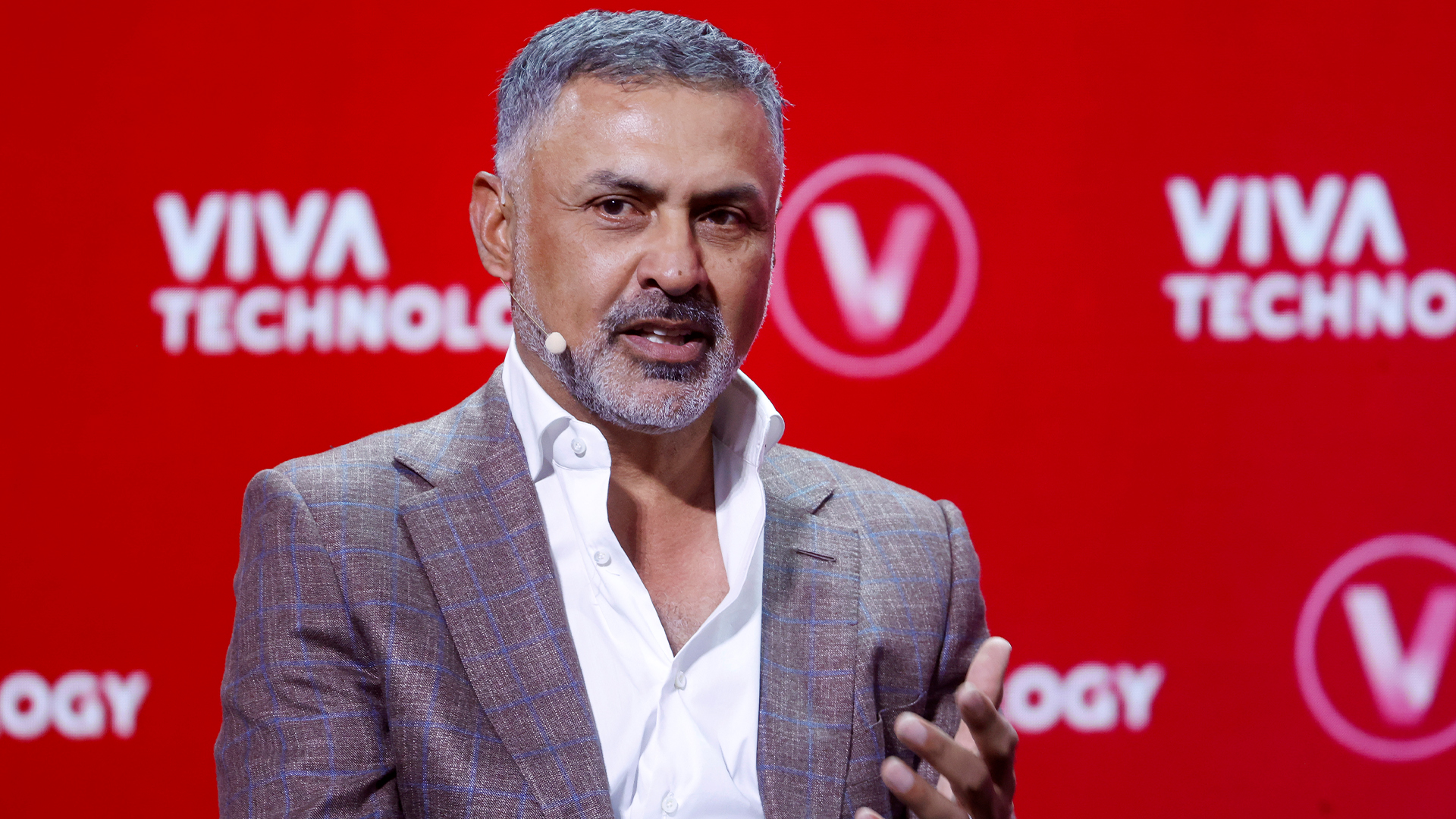Is digitising Britain ray of light for economy?
The Government continues to press the importance of investment in the digital and communication industries, with its ‘Digital Britain’ report expected soon.

Sign up today and you will receive a free copy of our Future Focus 2025 report - the leading guidance on AI, cybersecurity and other IT challenges as per 700+ senior executives
You are now subscribed
Your newsletter sign-up was successful
Both business and Government have an important part to play in the future of a converged IP network, according to the minister in charge of the eagerly awaited Digital Britain' report.
Lord Stephen Carter, minister for communications, technology and broadcasting, was making his first public appearance this year in London today. Last year it was announced that the Prime Minister had given Carter the responsibility for a report which would outline the Government's future role in a next-generation communications network for Britain.
In his keynote speech, he said that consumers, businesses as well as government were now at a turning point when it came to their roles in the future convergence of IT, broadcasting and telecoms using a single IP network. He said that the communications sector was a "rare ray of light in a rather gloomy economic sky."
It echoes a statement last year when he said: "Digital Britain is about capturing the opportunities on offer for UK PLC and the public, and advancing our standing as a world leader in these industries."
Although the minister did not reveal the contents of the Digital Britain' report, he did reveal that it was an opportunity for the Government to decide whether it was well prepared when it came to having a next-generation technology and communications infrastructure.
Lord Carter also said that there was a perception that next-generation broadband access was going to be the "saviour" of the economy, due in large part to comments like ones recently made by Gordon Brown over the potential benefits of speedy broadband. However, some were still sceptical of its benefits.
He said of communications: "Let's all be clear about the importance of today's opportunity. You get these chances rarely in life to look at a sector where it is at a turning point. There's an opportunity for a change of framework, and that is what the Digital Britain report is all about"
Sign up today and you will receive a free copy of our Future Focus 2025 report - the leading guidance on AI, cybersecurity and other IT challenges as per 700+ senior executives
One of the main areas the report is going to focus on is the need for a fresh approach to the Government's role in working with the UK's digital infrastructure. This means asking whether the present wireless, fixed, as well as digital radio and television networks were sufficient for a modern digital economy.
Emma Gilthorpe, Director of Industry Policy Regulation at the BT Group, outlined some of the other challenges when it came to Government involvement in the communications marketplace.
She said that as well as a requirement to upgrade the plumbing' (the speed of broadband networks), there was also the goal to achieve a broadband for all' policy, where the aim was to ensure that many more people were using broadband connections
Tim Lord, Regulatory Director for Hutchinson 3G, asked about the potential for ubiquitous wireless access for all, and avoiding some of the problems of building new fixed line connections such as "road digging".
He said: "There's a huge opportunity. You've got 3G technology that is very stable. With a little bit of Government planning and help, we could deliver much better coverage and more capacity.
He added: "I think having an internet connection with you all of the time is enormously valuable. Fundamentally it's more valuable than a fixed connection."
In answer to Lord, BT's Gilthorpe said that she felt that the answer was a mix between fixed and mobile connections because they fulfilled slightly different purposes. She also said: "The investment in infrastructure that BT is making is not going to require road digging.
"With Fibre to the Cabinet you basically open up the manhole cover and shove [cables] down that. So please don't worry about traffic congestion in your local area any time soon!"
-
 Palo Alto Networks CEO hails ‘the end of identity silos’ as firm closes CyberArk acquisition
Palo Alto Networks CEO hails ‘the end of identity silos’ as firm closes CyberArk acquisitionNews Palo Alto Networks' CEO Nikesh Arora says the $25bn CyberArk acquisition heralds "the end of identity silos" for customers, enabling them to supercharge privileged access management.
-
 Google says hacker groups are using Gemini to augment attacks
Google says hacker groups are using Gemini to augment attacksNews Google Threat Intelligence Group has shut down repeated attempts to misuse the Gemini model family
-
 UK’s ‘Tech Prosperity Deal' with US hits rocky ground
UK’s ‘Tech Prosperity Deal' with US hits rocky groundNews The US has reportedly threatened to pull out of the deal over the Digital Services Tax and broader economic disagreements
-
 ‘A major step forward’: Keir Starmer’s £187 million tech skills drive welcomed by UK industry
‘A major step forward’: Keir Starmer’s £187 million tech skills drive welcomed by UK industryNews The ‘TechFirst’ program aims to shore up the UK’s digital skills to meet future AI needs
-
 Government’s ‘Humphrey’ AI tool helps local authorities cut costs
Government’s ‘Humphrey’ AI tool helps local authorities cut costsNews The Minute tool, part of the Humphrey AI assistant, is being trialled at 25 councils
-
 Starmer bets big on AI to unlock public sector savings
Starmer bets big on AI to unlock public sector savingsNews AI adoption could be a major boon for the UK and save taxpayers billions, according to prime minister Keir Starmer.
-
 UK government targets ‘startup’ mindset in AI funding overhaul
UK government targets ‘startup’ mindset in AI funding overhaulNews Public sector AI funding will be overhauled in the UK in a bid to simplify processes and push more projects into development.
-
 Optimise CX and accelerate business growth through your voice network
Optimise CX and accelerate business growth through your voice networkwhitepaper Protecting the human experience in a digital world
-
 UK government signs up Anthropic to improve public services
UK government signs up Anthropic to improve public servicesNews The UK government has signed a memorandum of understanding with Anthropic to explore how the company's Claude AI assistant could be used to improve access to public services.
-
 The UK’s AI ambitions face one major hurdle – finding enough home-grown talent
The UK’s AI ambitions face one major hurdle – finding enough home-grown talentNews Research shows UK enterprises are struggling to fill AI roles, raising concerns over the country's ability to meet expectations in the global AI race.